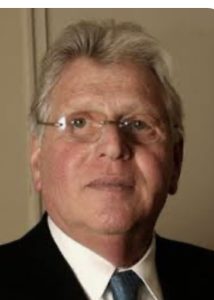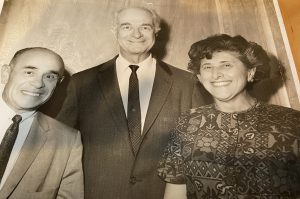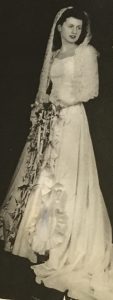Good Neighbors – for David K
Writing once about the passage of time, I urged you to seize the day. (See Time and the Taxi Man)
I thought of those words recently at the funeral of our neighbor David K who had died suddenly the week before. For decades my husband Danny and I shared the same East End Avenue address with David in a building that was small by Manhattan standards with only 16 floors and less than 200 apartments. (See (The Lion, The Witch, and) The Wardrobe , Moving Day Blues , A Sign on the Doorpost , Kente Cloth and The Elevator)
A happy consequence of living in a smaller building is that we’ve come to know a great many of our neighbors, some of whom have become close friends. We and David however, had been relative strangers who nodded at each other in the elevator or in the lobby.
But hearing of his death we decided to go to the funeral. There we learned much about David from friends and family who eulogized him.
He had been a physician as we knew, but we learned he’d also been an internationally known medical researcher and teacher enormously respected by fellow scientists around the world. Several came from abroad for the funeral and many others sent moving tributes.
David’s niece and nephew spoke of their uncle as the glue that held the family together, and friends spoke about the memorable meals he cooked and dinner parties he hosted, trips they made together, his keen intellect and wit, and his love of art and music.
Leaving the funeral home, Danny and i remembered the last time each of us had seen David. I met him in the lobby one morning about a week earlier and we had stopped to chat. By chance the conversation turned to politics, our travel plans, and movies we’d seen, and as we parted I told him I had enjoyed our talk. “Let’s not be strangers,” I said, “let’s make that dinner date!”
David had been on his way to get his car, and by chance in the garage he met Danny. David said he’d just seen me in the lobby and we’d promised to make a dinner date. “Yes, let’s do it soon.” Danny told him as they parted.
But David died a week later and we never had that dinner date. And regrettably, we lost the chance for three strangers to become three friends.
RIP David.
– Dana Susan Lehrman







